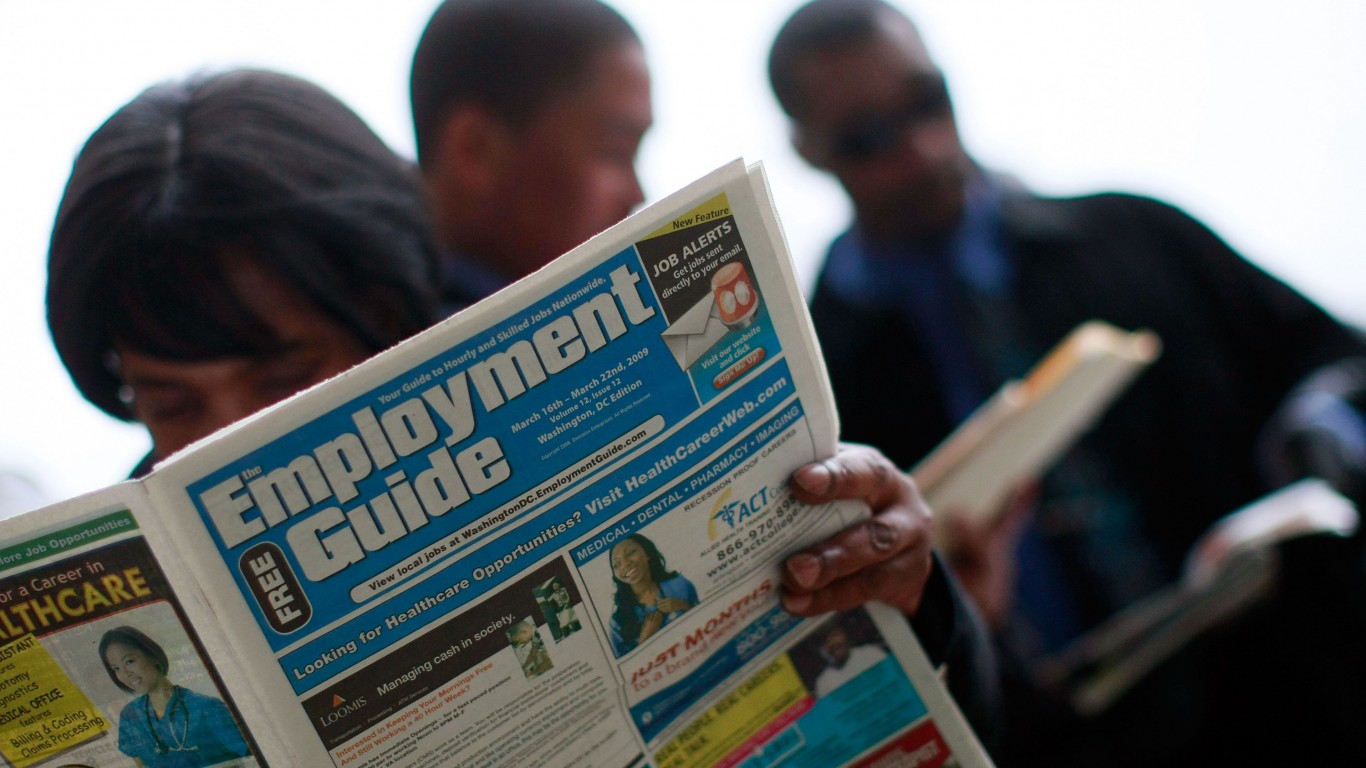
Voters in Italy on Sunday soundly rejected proposed changes to the country’s constitution that supporters, including Prime Minister Matteo Renzi, said would streamline the country’s legislature and make Italy more competitive. Nearly 60% of voters wanted no part of it.
Italy is the fourth-largest economy in the European Union (EU), with a nominal 2016 estimated gross domestic product (GDP) of $1.85 trillion, about half the size of Germany’s $3.47 trillion and around two-thirds the size of the United Kingdom’s $2.76 trillion and France’s $2.46 trillion.
Here’s the CIA Factbook’s summary of the country’s economy:
Italy has a diversified economy, which is divided into a developed industrial north, dominated by private companies, and a less-developed, highly subsidized, agricultural south, where unemployment is higher. The Italian economy is driven in large part by the manufacture of high-quality consumer goods produced by small and medium-sized enterprises, many of them family-owned. Italy also has a sizable underground economy, which by some estimates accounts for as much as 17% of GDP. These activities are most common within the agriculture, construction, and service sectors.
Italy is the third-largest economy in the euro zone, but its exceptionally high public debt and structural impediments to growth have rendered it vulnerable to scrutiny by financial markets. Public debt has increased steadily since 2007, topping 135% of GDP in 2015, but investor concerns about Italy and the broader euro-zone crisis eased in 2013, bringing down Italy’s borrowing costs on sovereign government debt from euro-era records. The government still faces pressure from investors and European partners to sustain its efforts to address Italy’s longstanding structural impediments to growth, such as labor market inefficiencies and tax evasion. In 2014, economic growth and labor market conditions continued to deteriorate, with overall unemployment rising to 12.7% and youth unemployment around 40%, but Italy began to recover in 2015, with marginal growth and a slight reduction in unemployment.
The International Monetary Fund’s July 2016 report on Italy’s economy offers more detail about the issues:
The Italian economy is recovering gradually from a deep and protracted recession. Buoyed by exceptionally accommodative monetary policy, favorable commodity prices, supportive fiscal policy, and improved confidence on the back of the authorities’ wide-ranging reform efforts, the economy grew by 0.8 percent in 2015 and continued to expand in the first quarter of 2016. Labor market conditions have been improving gradually, and nonperforming loans (NPLs) appear to be stabilizing at around 18 percent of total loans. Nonetheless, the structural challenges remain significant. Productivity and investment growth are low; the unemployment rate remains above 11 percent, with considerably higher levels in some regions and among the youth; bank balance sheets are strained by very high NPLs and lengthy judicial processes; and public debt has edged up to close to 133 percent of GDP, a level that limits the fiscal space to respond to shocks.
Against this backdrop, the recovery is likely to be prolonged and subject to risks. Growth is projected to remain just under 1 percent this year and about 1 percent in 2017. Risks are tilted to the downside, including from financial market volatility, the refugee surge, and headwinds from the slowdown in global trade. This growth path would imply a return to pre-crisis (2007) output levels only by the mid-2020s and a widening of Italy’s income gap with the faster growing euro area average. It also implies a protracted period of balance sheet repair, and thus of vulnerability.
Sunday’s referendum defeat may be more threatening to the European Union than the United Kingdom’s vote to withdraw from the EU (Brexit) earlier this year because Italy is also a member of the currency union. Italy was one of eight that were singled out last month by the EU’s executive branch, the European Commission (EC), as at risk of violating EU spending targets.
Italy’s banking system, already in deep trouble, may worsen following the Sunday vote as a recapitalization plan for the banks is now threatened and calls for a bailout may increase. The problem is that Italy’s debt-to-GDP ratio is already so high (133% according to the IMF) that finding willing bond buyers is likely to be very costly. Interest on the bonds would soar and the country would be faced with a choice of either accepting terms it can’t afford or letting the banking system fend for itself.
An EU bailout of the banks, while possible, is unlikely. Italy’s banking system is much larger than Greece’s, and we’ve already seen how little empathy Germany had for the Greeks. Expecting a change of heart from Germany vis a vis the Italians is probably whistling past the graveyard.
Italy now faces the prospect of forming a new government that will last for a relatively short time. Elections are due next year in Italy, as they are in France, Germany and the Netherlands. Angela Merkel has announced that she is seeking another term in Germany, but French President Hollande has already said that he’s not running again. There is no reason for Germany to pull out of the EU, of course, because it is the dominant force, but the rise of the far right in France could spell more trouble for the union.
In the Netherlands a far-right party that supports pulling out of the EU may win the largest number of seats in parliament, but it is arguable that the so-called Party for Freedom will be able to form a majority.
Still the handwriting on the wall is pretty clear: voters are not happy with the EU. That should be no surprise, but it probably is to many of the EU technocrats who think that the forest is not the sum of its trees.
Want to Retire Early? Start Here (Sponsor)
Want retirement to come a few years earlier than you’d planned? Or are you ready to retire now, but want an extra set of eyes on your finances?
Now you can speak with up to 3 financial experts in your area for FREE. By simply clicking here you can begin to match with financial professionals who can help you build your plan to retire early. And the best part? The first conversation with them is free.
Click here to match with up to 3 financial pros who would be excited to help you make financial decisions.
Have questions about retirement or personal finance? Email us at [email protected]!
By emailing your questions to 24/7 Wall St., you agree to have them published anonymously on a673b.bigscoots-temp.com.
By submitting your story, you understand and agree that we may use your story, or versions of it, in all media and platforms, including via third parties.
Thank you for reading! Have some feedback for us?
Contact the 24/7 Wall St. editorial team.


